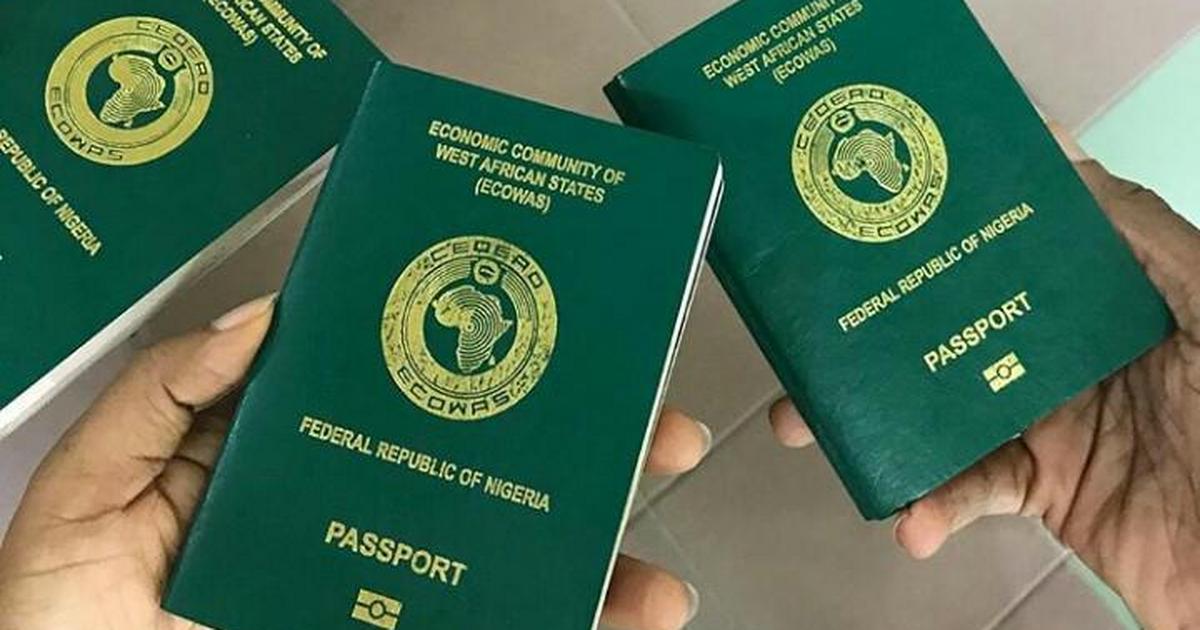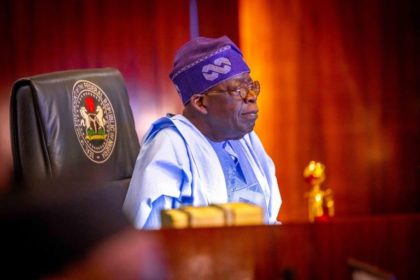By Adeyemi Adekunle
The Nigerian High Commission in Nairobi is currently facing significant backlash from the Nigerian community in Kenya due to allegations of excessive and unwarranted fees imposed for passport renewal services.
The controversy came to light through the efforts of Revd. Br. Moses Fegher, a Nigerian missionary residing in Kenya, who has called attention to a troubling $42 surcharge being levied on those seeking to renew their passports.
Fegher has raised concerns about a $30 “Cash on Delivery” (COD) fee, which appears to be unjustified and is well beyond what the Nigerian government has prescribed as official rates. Although COD fees are generally associated with legitimate courier services, many within the community are questioning the transparency and validity of this charge, suspecting it to be a mere tactic for financial exploitation. The additional $12 transaction fee has only amplified frustrations among Nigerians navigating this bureaucratic minefield.
In a statement, Fegher expressed his discontent with the commission’s practices, highlighting the lack of clarity regarding the fees and the constraints imposed upon the Nigerian diaspora.
“These fees are not merely inconveniences; they represent a significant financial burden for many Nigerians struggling to make ends meet,” said Fegher. He further criticized the limited payment methods available for the passport renewal process, which often leave applicants with little choice but to comply with the outrageous charges.
The ongoing situation has sparked renewed discussions surrounding the themes of corruption and malfeasance within the Nigerian High Commission. Community leaders are calling for immediate reform and accountability within the diplomatic mission, demanding that the Nigerian government take decisive action to address these grievances.
“This is not just about the money,” said community leader and activist Alero Ijeoma. “It’s about the principle of service and the transparency that should come with it.
Nigerians abroad have enough challenges without having to worry about being exploited by their own representatives.”
The response from the High Commission, so far, has been minimal. With no official comment on the surfacing allegations, frustrations have only mounted among community members.
Many Nigerians in Kenya, who often rely on the High Commission for assistance, feel let down and marginalized by an institution meant to provide support.
As anger grows, social media platforms have become a battleground for Nigerians to voice their discontent. Many have shared their experiences with passport renewal and the fees attached to the process. Some have initiated campaigns calling for a boycott of the commission until reforms are enacted.
Experts warn that the current controversy could have far-reaching implications for Nigeria’s diplomatic relations and the well-being of its citizens abroad. “When a government’s representation is beset by scandal, it undermines public trust,” noted Dr. Chijioke Nwosu, an expert in international relations. “If reform is not implemented quickly, the ripple effects could challenge the relationship dynamic between citizens living abroad and their government.”
The allegations facing the Nigerian High Commission in Nairobi serve as a stark reminder of the need for transparency and integrity in diplomatic operations.




